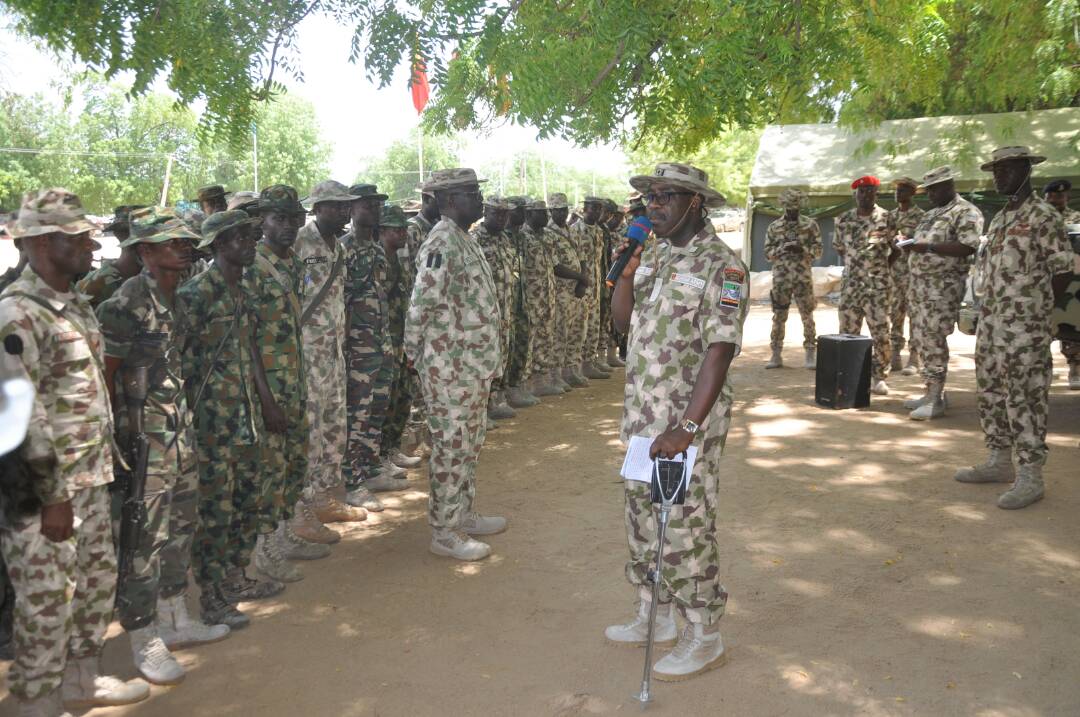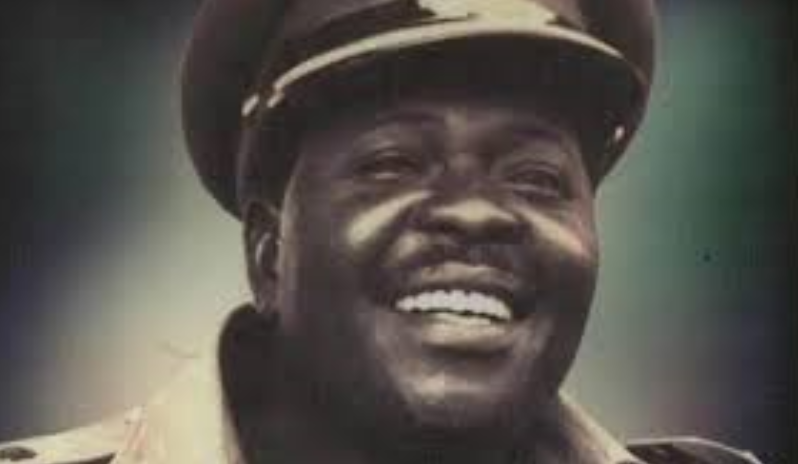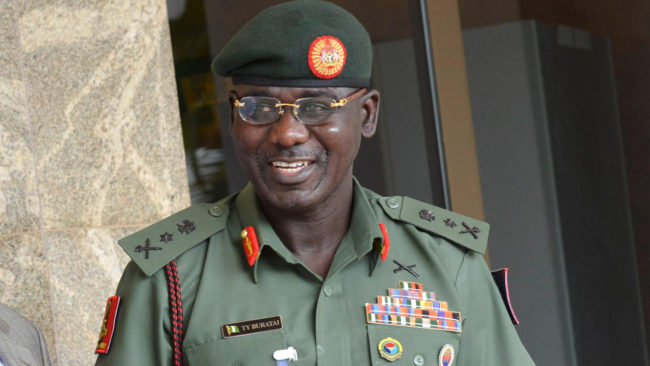By Solomon Oseke
These are indeed interesting times in Nigeria where the media has elected to be on the other side of the divide, churning out divisive news items that serve the country no good, all in return for a plate of porridge. It is also a sad epoch in our existence as a people and as a country where some news platforms have taken the role of being the mouthpiece of the enemies of Nigeria.
I get confused most times on how we got it so wrong in this country like we are a bunch of uneducated folks that know nothing about National interest. Some news platforms now see it as the fad to lead the assault against the government not for what it worth but to promote the interest of their paymasters that have refused to come to terms with the reality that Nigeria belongs to all of us and not a select and those that have also refused to come to terms that it is no longer business as usual where a few share the commonwealth of the people at the detriment of the over 180 million Nigerians.
These news platforms are obsessed with everything about Nigeria. From the choice of the President to who has the right to appoint and sack Service Chiefs in the country. The Nigerian Military has also not been spared from their venomous attacks. Day in day out, we are regaled with fictitious stories about the President and how whatnot about the operations of the Nigerian Military in North-East Nigeria.
This trend is indeed worrisome and should give all well-meaning Nigerians a reason for worry because as it stands, we are not only fighting terrorism in North-East Nigeria, we have also been confronted by lack of patriotism from a constituency that is meant to maintain editorial independence, accuracy and fairness, social responsibility and public interest.
This is the starkness of the reality confronting us as a country now and a vivid definition of the enemy within. The enemy within are those that use their positions to cause havoc rather than promote peaceful coexistence in the society. The enemies within are those who would stand truth on its head by publishing false and misleading stories for the consumption of the general public. The enemies within are those who would intentionally spread inaccurate figures from the North East and push to the public space without minding the consequences of such actions on the overall psyche of the fighting troops as well as the generality of Nigerians.
The enemies within are those who would collect gratification from members of the opposition and spread propaganda using their news medium all in the name of playing politics and at the detriment of National Interest. The enemies within are those who are not happy with the gains been recorded by the Nigerian Military in the war against terrorism in the country. The enemies within are those who would leak to the Boko Haram terrorist the operational strategies of the Nigerian Military.
The enemies within are those who quote military commanders out of context to destabilize the system, and the enemies within are those that wine and dine with the enemies of Nigeria in their quest for the disintegration of Nigeria. And the list goes on.
I have had reason to state in numerous forums that the challenges facing Nigeria are orchestrated and sustained with the active connivance of some news platforms that have elected to be the devil’s advocate in time as critical as this in the annals of the country.
In recent times, the worst hit is the Nigerian Military in the theater of operations in North-East Nigeria. It is so grave that now these individuals twist everything that comes from the theater of operations to give a different interpretation to the general public. The recent casualty of their mischief is the theatre commander of Operation Lafiya Dole, where he was quoted out of context in such a despicable manner.
I am at a loss as to how we got it so wrong in Nigeria. As a start, since 2015, when President Muhammadu Buhari assumed leadership of the country, Nigerians sighed relief and wished for our hopes and aspirations to be translated into tangible realities. This much we saw with the quality of appointments into critical areas of the Nigerian economy, including the Nigerian Military.
Using the Boko Haram war as an example, the Nigerian Military hit the ground running after the presidential directive for the relocation of the military command to Maiduguri in Borno State. And in less than a year, we saw tangible results with territories under the control of the Boko Haram group recaptured. The leadership of the Boko Haram group was dislodged from their operational headquarters in Sambisa Forest, and their remnants scattered all over the fringes of the Lake Chad Basin region.
Nigerians were relieved. They were grateful and encouraged the Nigerian Military to do more to put an end to the activities of the Boko Haram group. Little did we know that some were not happy, and they consequently ganged up against Nigeria. And as funny as this might sound, the likes of Sahara Reporters led this charge in their onslaught against Nigeria.
Sahara Reporters and their agents have been at the vanguard of ensuring that Nigeria does not know peace. They have twisted and falsified figures. They have misinterpreted government policies and efforts towards ending the war against terrorism in Nigeria. They are in the habit of going to town with false casualty figures in an attempt to instigate mutiny in the Armed Forces.
This was the case during the Goodluck Jonathan era, and they succeeded, and Nigeria suffered the consequences. And ironically, this same strategy is what is happening now in Nigeria, and Nigerians must be aware of this nefarious plot against the Nigeria Military.
We must realize that they are more ferocious than before and would stop at nothing to ensure that they achieve their notorious agenda. It is, therefore, no surprise that the Nigerian Military is their strategic focus due to its exploits in the war against terrorism in North-East Nigeria. But for how long they intend to carry on remains to be understood. This would only be possible if Nigerians allow it.
In all of these, I am more than convinced that all those that have elected to be on the side of the evil plot against Nigeria would be indeed put to shame. And how would this be possible? This would be possible if all Nigerians, as a matter of urgency, begin to disregard the activities of Sahara Reporters and their agents scattered all over Nigeria.
The good news is that Nigeria is indeed bigger than those individuals and their agents that are against the interest of Nigeria. I firmly believe that Nigerians would, in one voice, reject and rebuke those that are against our progress as a people and as a country.
The government also has a role to play. They must strive to control the narrative in the media to feed Nigerians with the actual situations of things at all times and every given opportunity. They must not allow the likes of Sahara Reporters and their agents to take the lead as this might have harsh consequences for the morale of its troops in operation in North-East Nigeria.
Nigerians must stay united in our quest for sustainable growth and development. We must form a common voice to defeat the enemies within and as well as the enemies of our progress. Nigeria is indeed on the path of greatness. I salute the enormous sacrifices of our Military and can only encourage them to do more in service to fatherland.
Oseke wrote this article from Auchi.



